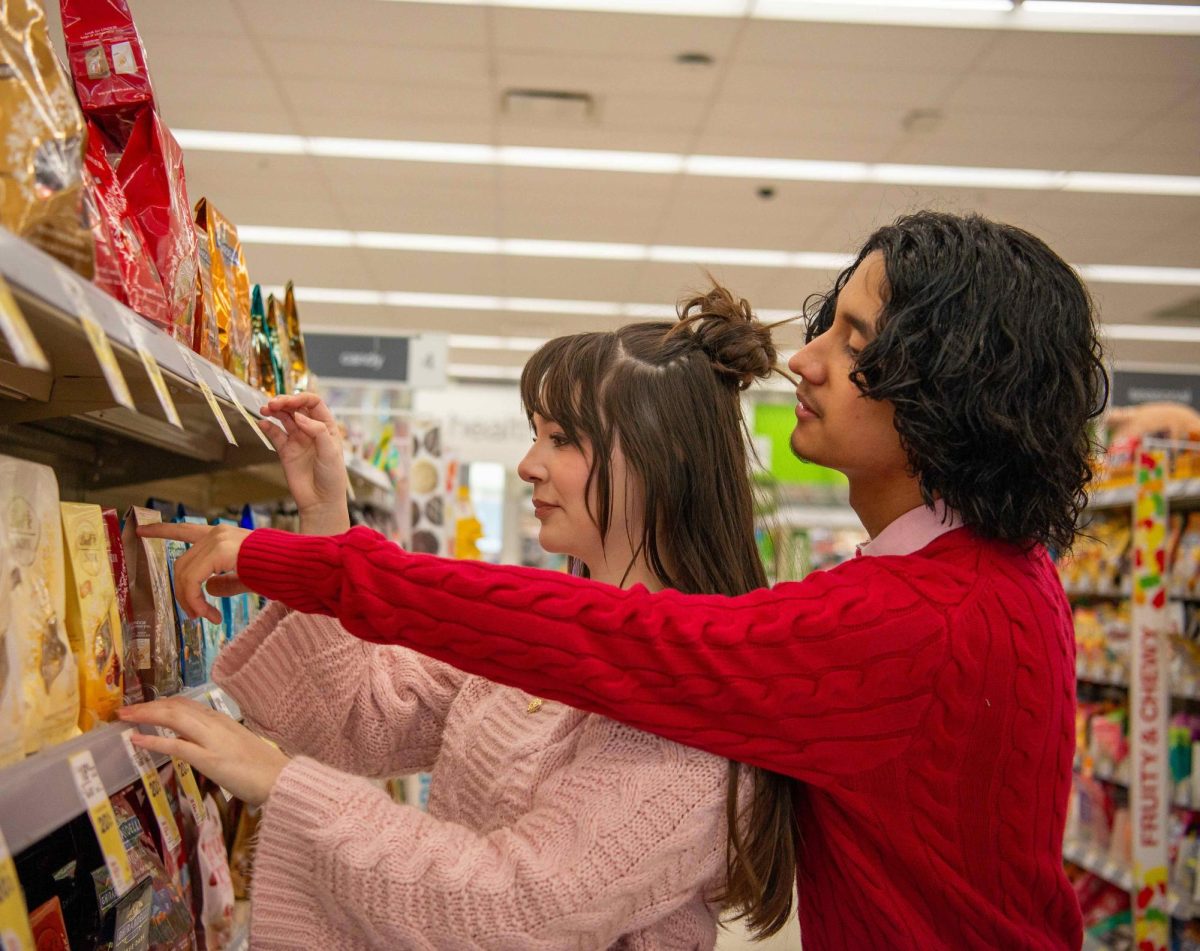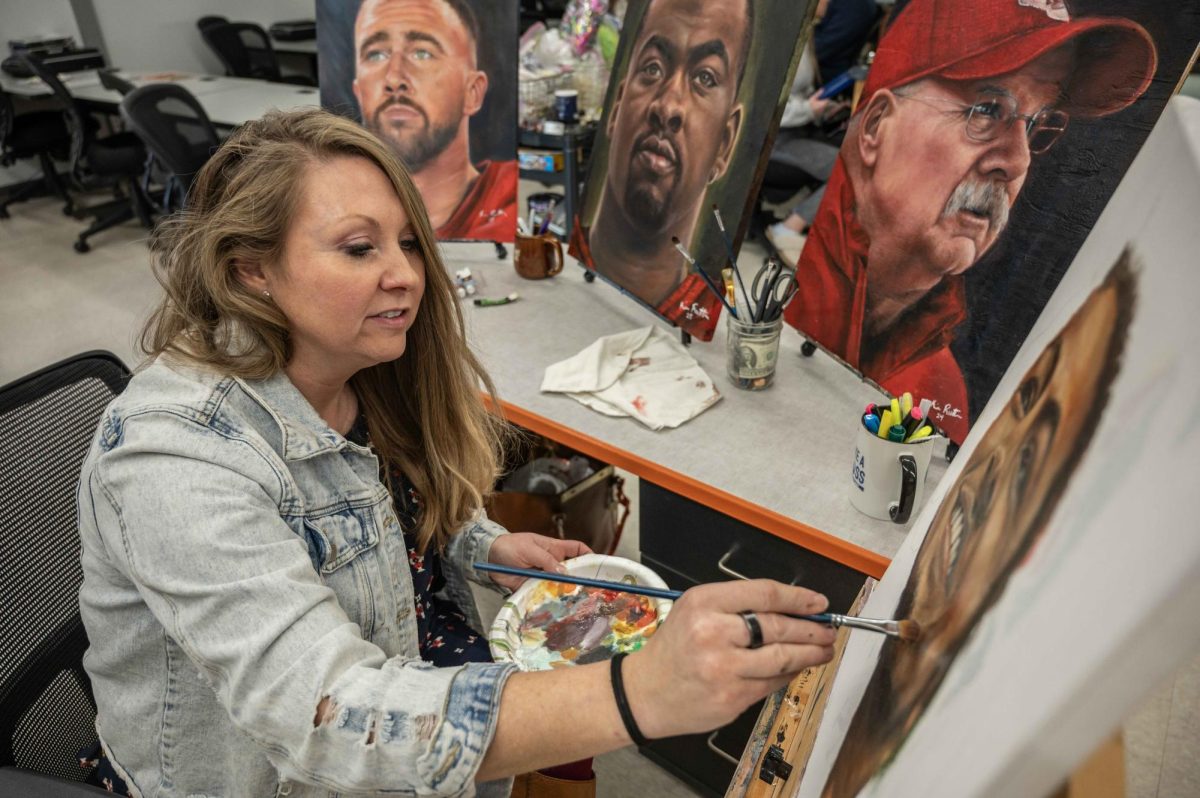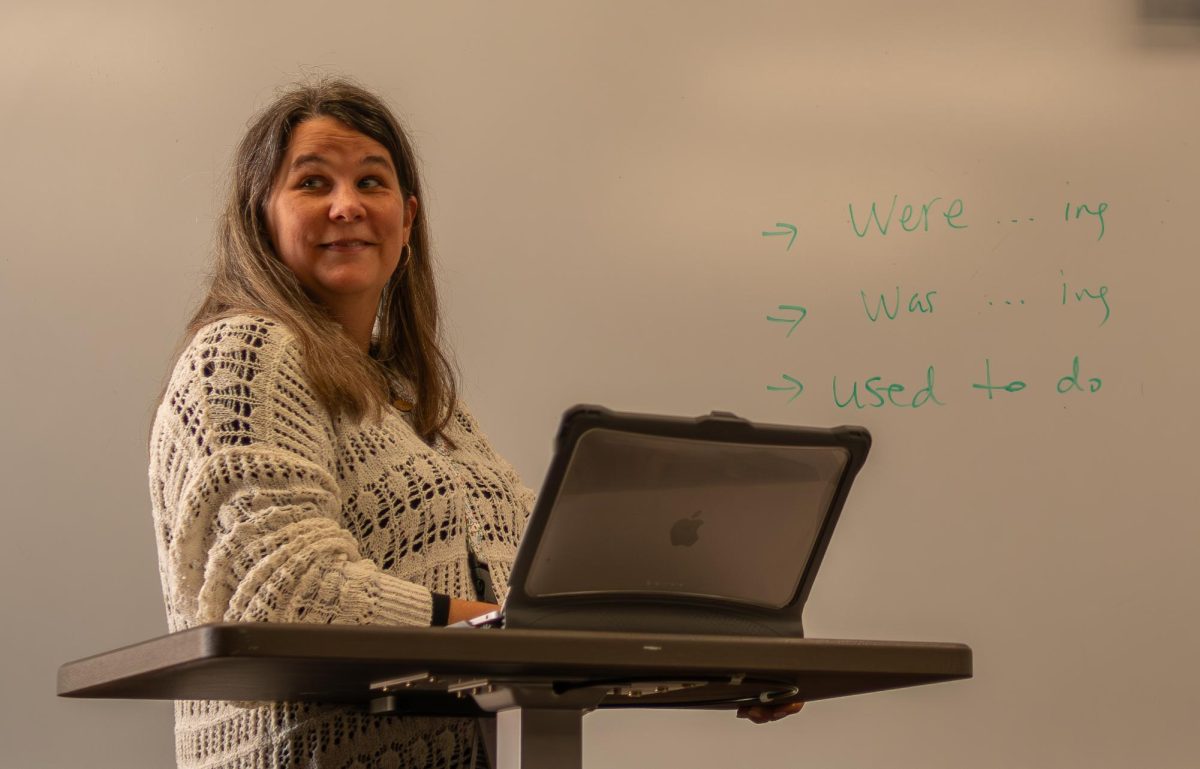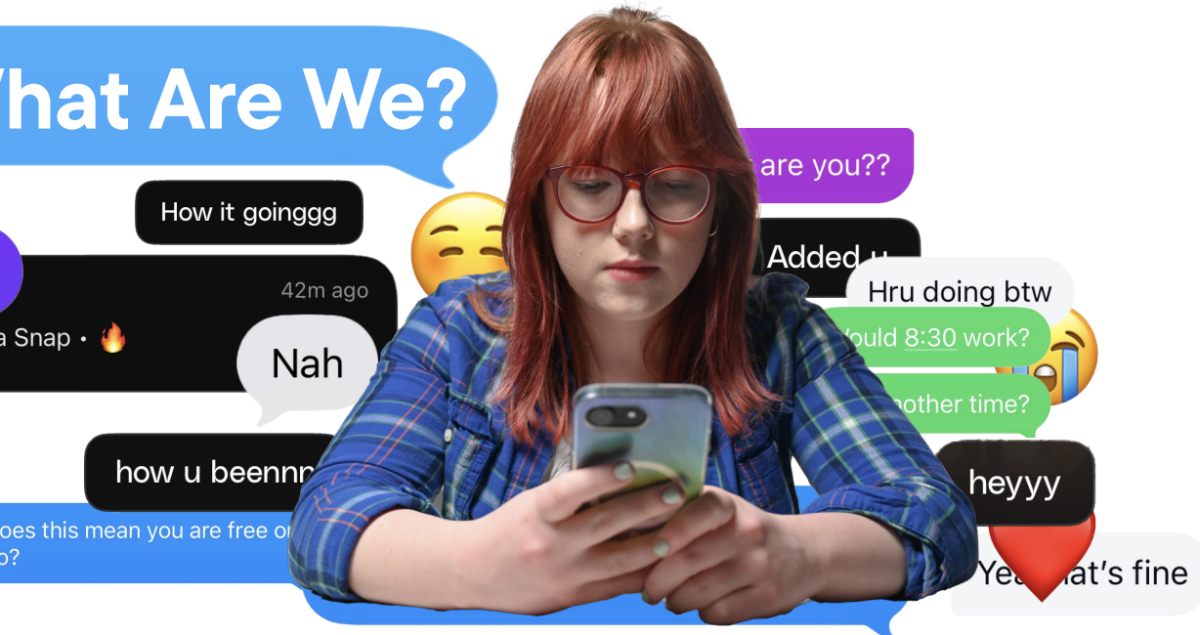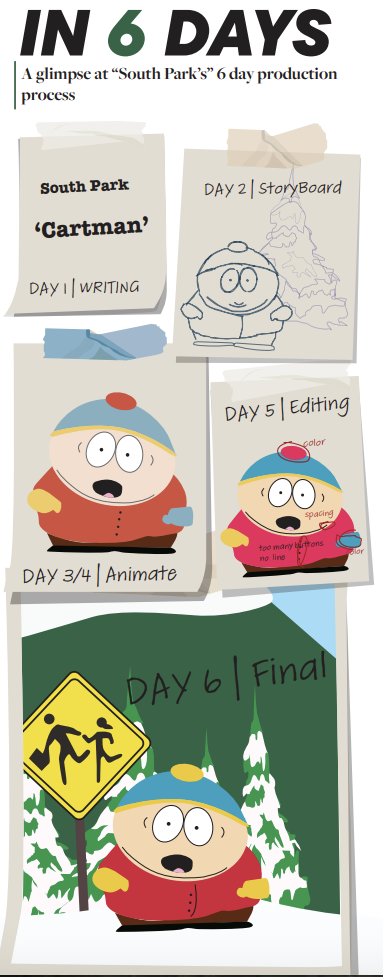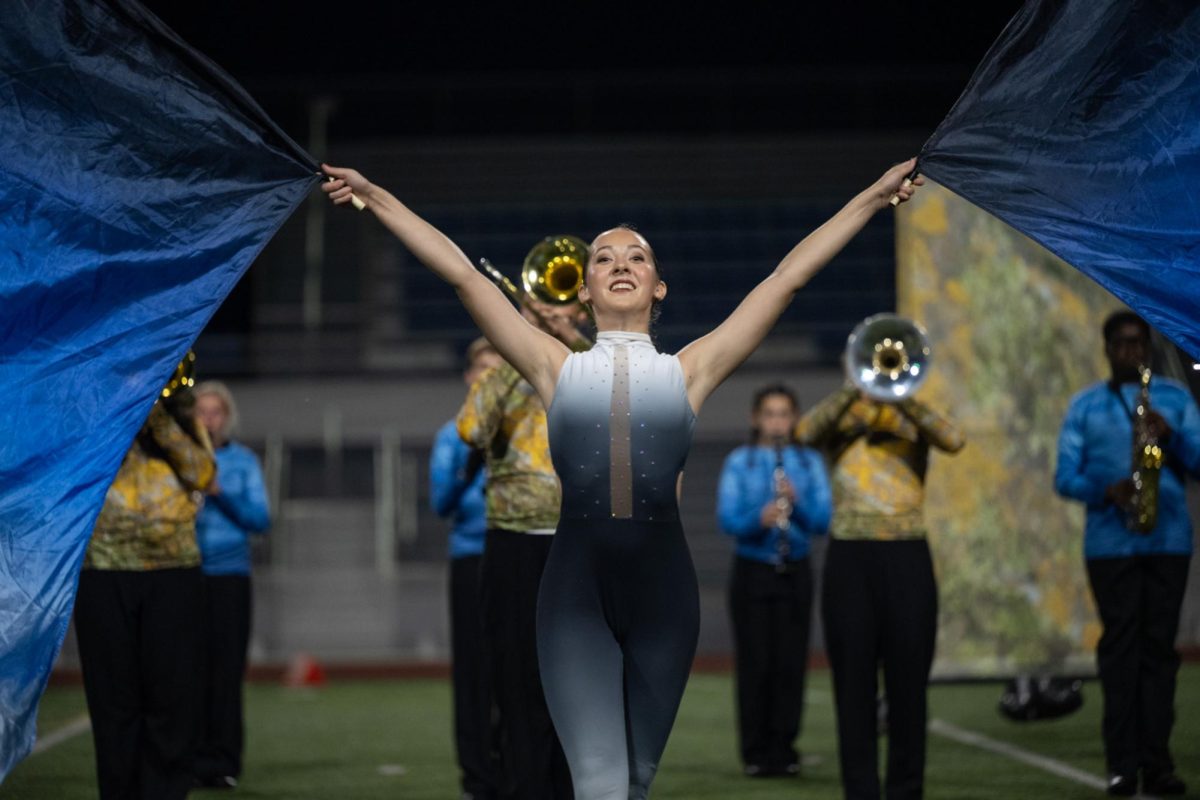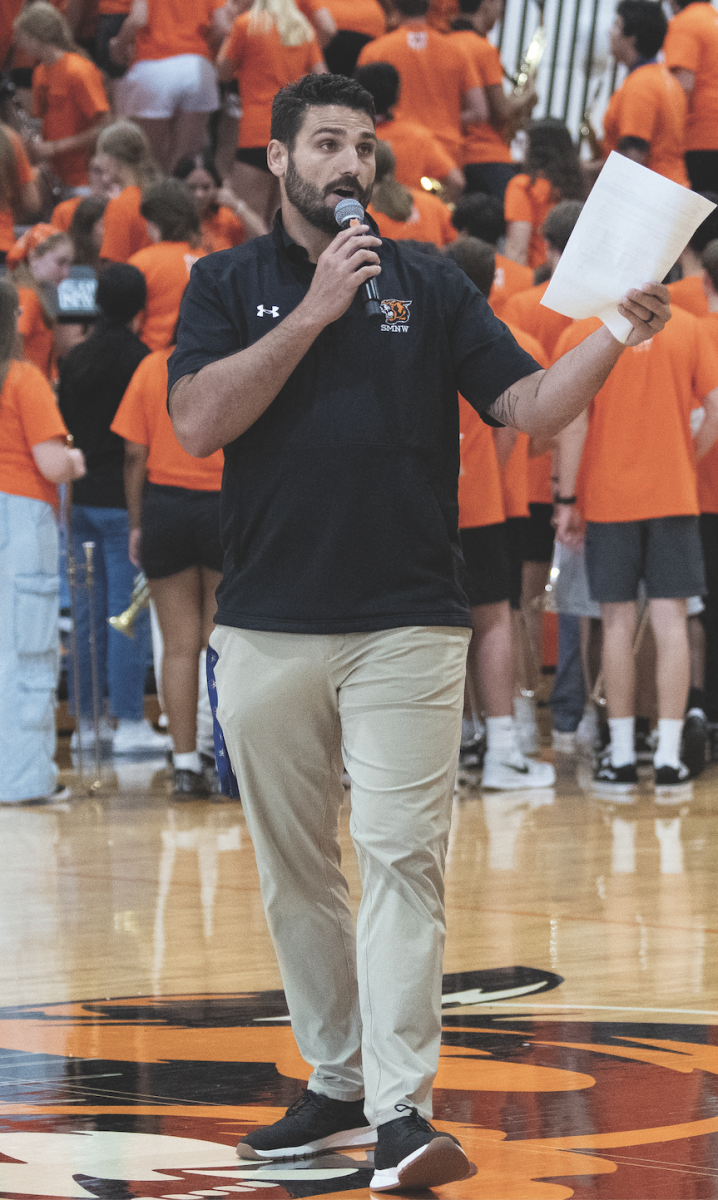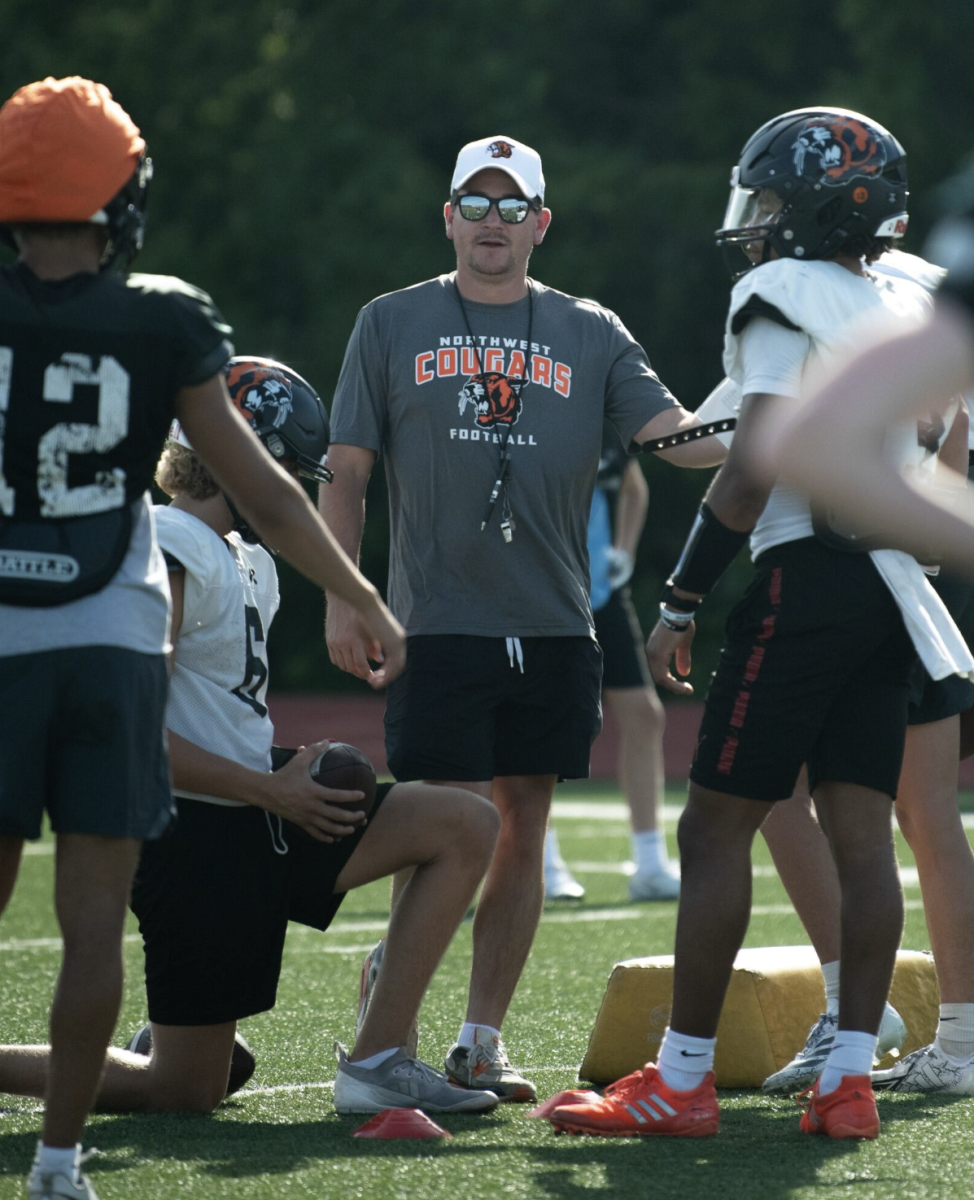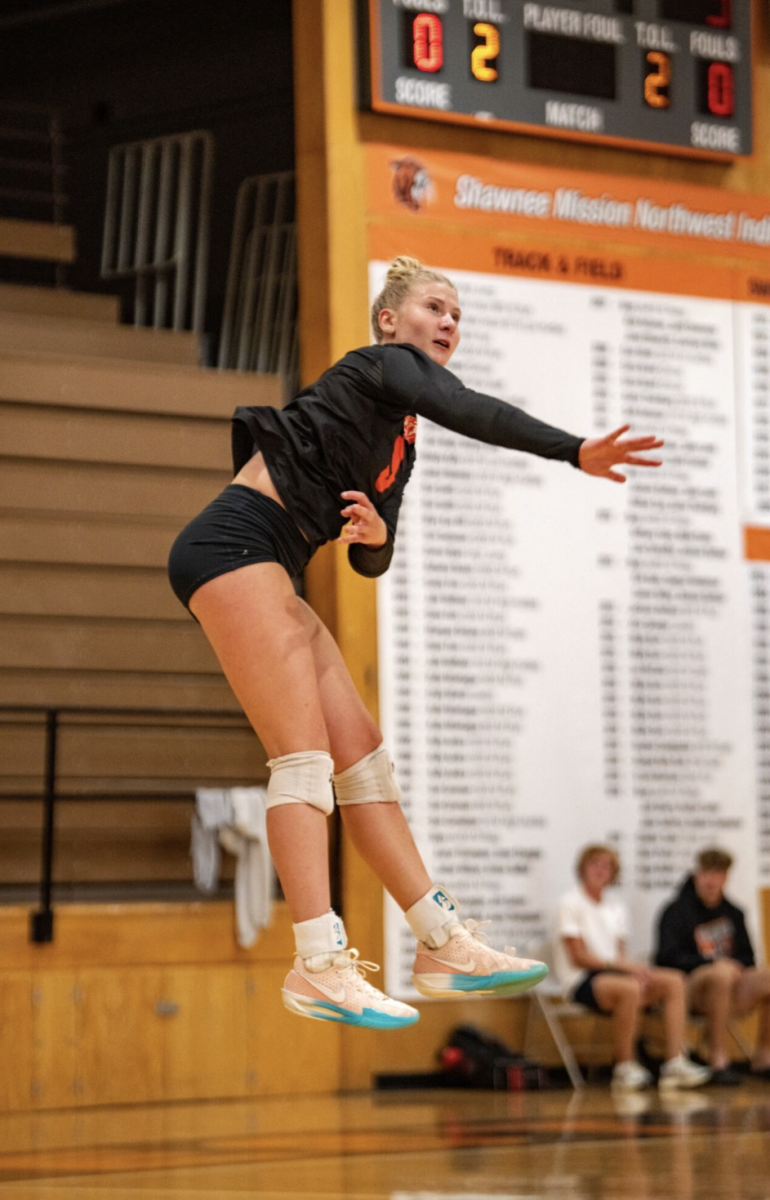Junior Ivy Adkins* was a freshman when she learned about a liquor store that wouldn’t check for IDs, and only upcharged people if they were underage. She heard about a gas station that sold vapes, pre-rolled blunts and didn’t card.
Addiction is prevalent in Adkins’ family — her older siblings have struggled with it — but she didn’t think it would strike her, too. Then, when she hit a low point in her life, she began isolating herself.
And then she turned to vaping.
“You turn to it — I turned to it — to numb everything. And it worked,” Adkins said. “But it worked a little too well.”
Adkins was hooked, and it was almost too easy for her to continue.
For teens from Shawnee Mission Northwest and other schools in the Kansas City area, access to illegal substances like vapes, marijuana and alcohol is easier than ever due to weakened drug laws in Missouri, the prevalence of stores that don’t ID and of-age coworkers and friends that are willing to buy substances for teenagers.
Adkins knew of places that wouldn’t check her ID, and of 21-year-olds at her work who would legally buy her nicotine. She had tried quitting before, but with easy access to vapes, she could always go back to the very thing she was trying to distance herself from.
“There’s always a friend of a friend who knows someone who knows someone who knows of a gas station you can go to that doesn’t ID,” Adkins said.
Student Resource Officer Jason Frizzel said that the use of vapes and marijuana at Northwest has “absolutely” worsened over the past few years, and he thinks that the majority of substance use at Northwest goes undetected.
“I think it’s a big problem just because of the ease of access to it, especially vapes” Frizzel said. “Since there’s not really much of a smell, they get away with it a couple of times and they see how easy it is, and it turns into a, ‘this is just what I do.’”
According to the Center for Disease Control’s High School Youth Risk Behavior Survey from 2021, 16% of American high school students regularly used marijuana , 18% used electronic vapor products and 23% regularly drank alcohol. The CDC also recognizes that the use of marijuana, e-cigarettes and underage drinking of alcohol have adverse effects on teen’health. Though national rates of drug use among teens have remained relatively stable in recent years, overdose deaths have risen, according to the National Institute of Drug Abuse.
Frizzel said illegal substance use at Northwest is a pressing issue. He attributed the increase of student marijuana use to its legalization in Missouri. Northwest students’ close proximity to the Missouri-Kansas border makes it easier for them to obtain marijuana products by driving a short 20 minutes — only seven miles from Northwest — across the state border.
Cannabis — commonly referred to as marijuana or weed — was legalized for recreational use in Missouri on Nov. 8, 2022, and the first licensed sales of recreational cannabis occurred on Feb. 3, 2023.
The Department of Health and Social Services says that marijuana brought in 1.7 billion dollars of revenue to Missouri since its legalization — a portion of which came from Kansas residents who crossed state borders.
“People do it all the time,” sophomore Joyce Birch* said about driving to Missouri to obtain substances. “Like, that’s what everyone does.”
In addition, Birch and Adkins said many stores selling substances tend to not check for IDs. Although recreational marijuana is legalized in Missouri, the law still prohibits anyone under 21 from possessing it. It is also illegal for anyone under 18 to purchase electronic vapor products or anyone under 21 to purchase alcohol in both Kansas and Missouri.
“A lot of Missouri-Kansas bordering stores don’t ID because they gain business from Kansas residents,” Birch said. “No one does fakes anymore. People find places that don’t ID, and people who are scared often have others go and buy it for them.”
Adkins said she doesn’t think many teenagers use fake IDs anymore which, historically, is how many teenagers accessed drugs and alcohol. Now, students don’t even need to go through the hassle of getting a fake ID to get drunk or high.
“I think that is less common now just because gas stations don’t card anymore.”
Adkins also points out people of legal age are often willing to buy substances for underaged teens.
“I’d say 80% of the people I work with vape or they smoke, or something,” she said. “So it’s always easy to just be like, ‘Oh, you’re 21. Could you go buy me this?’ And they don’t care.”
Shawnee Mission Northwest teacher alumni also say substance use at Northwest has worsened over the years.
“No one I knew did marijuana,” Michael Pisani, class of ’91 and environmental education teacher, said about his high school experience. “We just didn’t do that. And maybe because it’s become legal in places, it just seems like it’s part of the mainstream.”
Michael Scott, class of ’18 and intro to engineering and design teacher, thinks that vaping has become an increasingly large issue.
“I think vapes have significantly gotten worse, on a very, very large scale,” Scott said. “There were vapes , but they were not commonly used by anyone in general, but especially by high schoolers.”
Scott also thinks marijuana has become much more popular among Northwest students. He references the legalization of marijuana in Missouri as a factor encouraging its use among Kansas teens.
Northwest principal Lisa Gruman said she has not noticed an increase of substance use at Northwest, and that there are only “occasional violations” of school rules that prohibit vaping and smoking on school property.
“I’d have to say that prevalence is consistent or a little less than we’ve seen in past years,” Gruman said. “We just don’t know what goes on, what students are engaging with outside of school.”
Gruman and Frizzel can’t change legislation in Missouri that legalizes marijuana, nor can they enforce that businesses always check IDs, but they are still trying to disincentivize substance use among students. In the past year, Northwest has hosted the Keepin’ Clean for Coop fentanyl presentation to educate students on the dangers of the drug, and they hope that bringing similar talks to Northwest will dissuade students from using illegal substances.
“It would probably work for about 60% of the kids,” Frizzel said. “But there’s a lot of kids that are just gonna do it regardless.”
Gruman said bringing more speakers to Northwest would be beneficial.
“That’s something that we could talk with our student groups and with our building leadership teams about to determine what they think should be the next step,” Gruman said. “Maybe we periodically share presentation with students, and others.”
In addition, Gruman cites social workers, Sources of Strength and a wide variety of clubs as beneficial assets to discouraging substance use at Northwest.
While that may help – there are still students like Adkins.
Adkins tried to quit vaping and threw away her vape, but withdrawals hit her hard. She couldn’t sleep and failed two tests in school.
“Then I started doing it again just so I could have something to hold on to,” Adkins said. “Being able to say you want to quit is one thing, but being able to actually quit is another.”
Adkins says, in the end, there’s “no way” of stopping teens from vaping, smoking and drinking entirely, but she does think there should be some safety measures to prevent the sale of laced pills.
“Teenagers have been drinking since the frickin’ earliest of times,” Adkins said. “They’ve always found a place to get it, whether there are places that card or not, whether they have a fake ID or not.”
“But,” she added, “maybe some limitations would do a little good.”
* names changed to protect privacy

